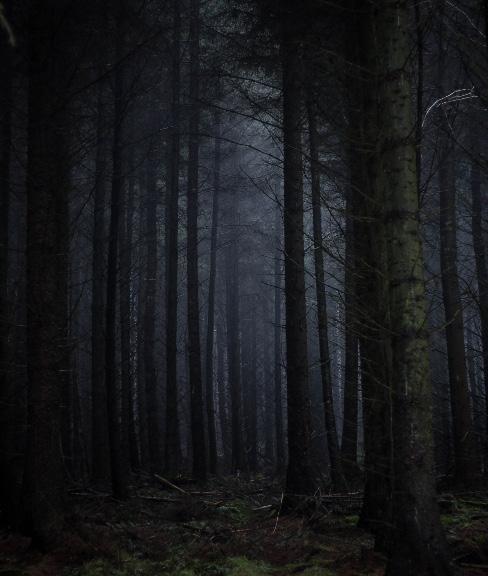
3 minute read
Move Over T-Rex, a New Carnivore King is in Town
Written by : Pepijn Oosterhuis
Loosely adapted from Roadside Picnic, a Sci-Fi novel by Arkady and Boris Strugatsky, Andrei Tarkovsky’s Stalker is a deep and enthralling film that delves into the complexities of human desire. It is in my opinion, and that of many other, more qualified people, a masterpiece. The British Film Institute ranked it as the 29th best movie of all time–tied with Shoah, and just ahead of The Godfather Part II–and it sits comfortably on a 100% score on RT, and an 8.1 on IMDB. It is deep, gripping, and visually stunning, in ways in which few films can compare. It needs this because, at a runtime of 2 hours and 43 minutes, anything short of perfection would render the film a boring slog for the average viewer. Despite this hurdle, I would argue that Stalker is well worth watching for anyone willing to invest the time and attention it requires. Whilst it draws the overarching plot and concept from the Strugatsky brothers’ novel, Stalker is closer to a loose homage than it is to a faithful adaptation of its source material. The plot of the film centers around the “Zone,” a mysterious sealed-off area in which an extraterrestrial object allegedly landed many years ago. Contained within this zone is the “Room,” which is said to grant the innermost wish of whoever enters. To get to the room one needs a guide, a titular “Stalker,” to navigate through the zone. The three main characters (all of whom are played incredibly well), the Stalker, the Writer, and the Professor, enter the zone in search of this room, each with their desires. The Writer claims he wants to find inspiration, the Professor claims he wants a Nobel Prize, and the Stalker claims he just wants to make people’s dreams come true. After a long journey, they eventually reach the room. It is here that the Professor reveals a bomb he has been carrying with him, which he intends to use to destroy the room to prevent the wrong people from using it. In the fierce debate that ensues, the true nature of the room is revealed. Instead of granting what one consciously wishes, the room delves into the subconscious and digs out the truest desire, often to the detriment of the person. The climax of the film is an incredible exploration of the human psyche that leaves a profound impression on the viewer. Whilst it appears quite simple and, at times, boring, the plot’s philosophical questions are incredibly captivating. The core idea explored in Stalker is that of the nature of hu-
Photo by charlesdeluvio on Unsplash
man desire. Whilst we as human beings often think we know exactly what we want, it often is the case that we do not know our true desires. These two desires often come into conflict, which leaves the question of what desire is. As the Writer states: “My conscience wants vegetarianism to win over the world. And my subconscious is yearning for a piece of juicy meat. But what do I want?” Throughout the film, questions such as these are raised, pondering the nature of humanity. Much of the film’s runtime is spent on the dialogue between the three travelers. They debate a variety of subjects, from the nature of creativity to that of truth, each being fascinating. The dialogue is one of the greatest parts of Stalker and is one of how it is elevated from a good film to a great film. Despite this, an almost equally important aspect of the film is silence. Stalker is a very 17








